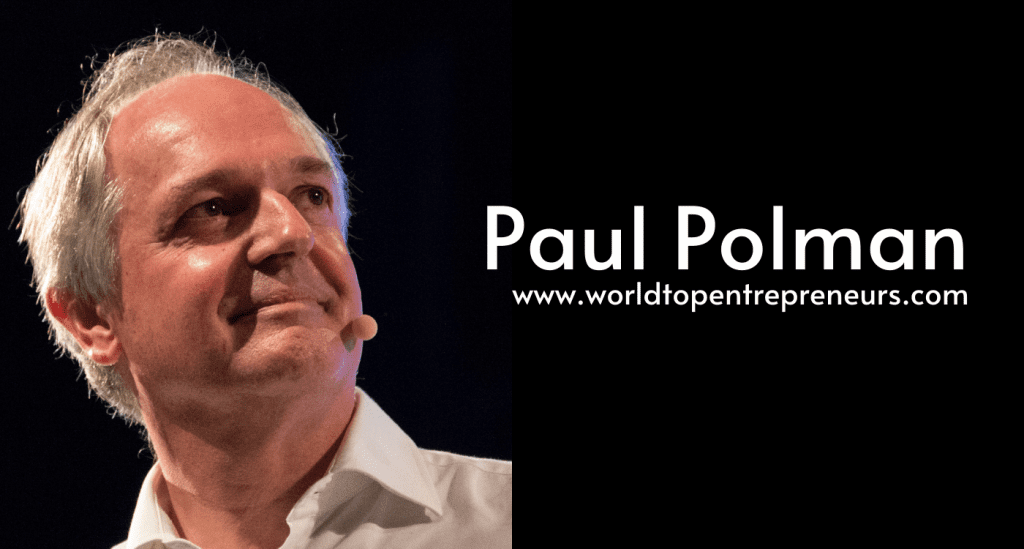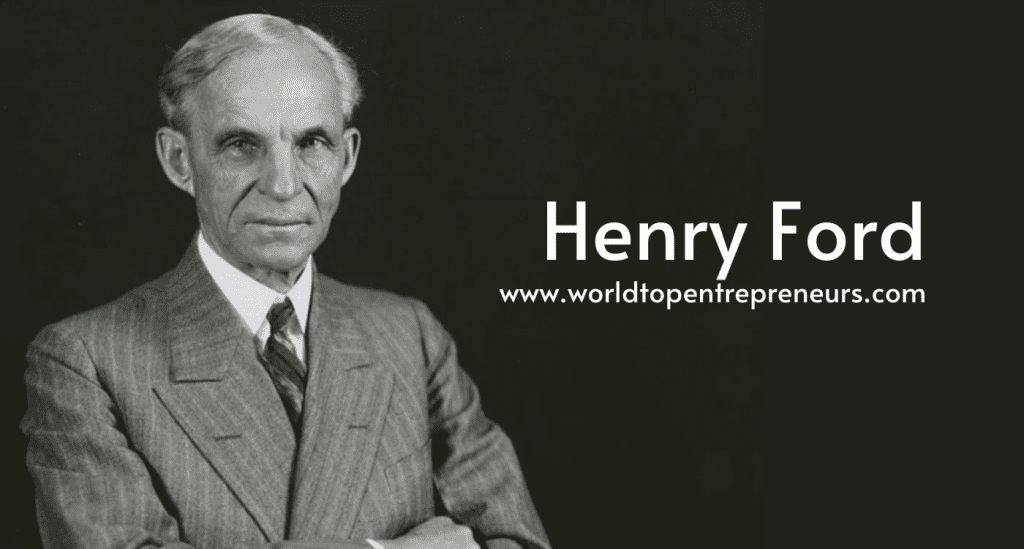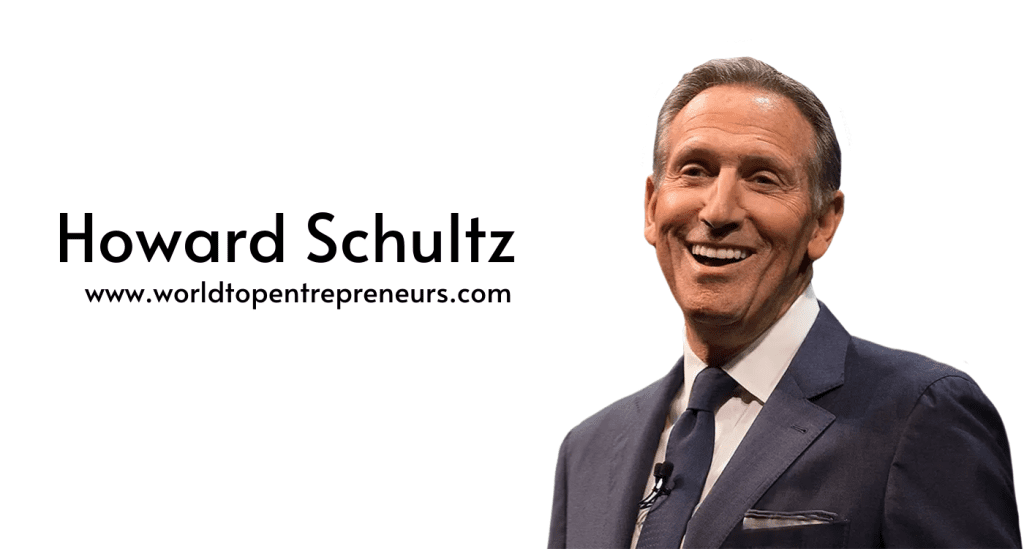In the realm of corporate leadership, few names resonate with the blend of vision, commitment, and humanity as strongly as Paul Polman, the former CEO of Unilever. His tenure from 2009 to 2018 marked a transformative era for the multinational consumer goods giant, where sustainability and social responsibility became core pillars of its strategy. Beyond the financial metrics and market strategies, Polman’s approach was defined by a profound belief in the power of business to drive positive change in the world.
Early Life and Career Journey
Paul Polman was born on July 11, 1956, in the Netherlands, where he spent his formative years developing a keen interest in economics and social issues. His educational journey led him to study economics at the University of Groningen, followed by an MBA at the University of Cincinnati in the United States. These formative years not only equipped him with academic rigor but also instilled in him a broader perspective on global business dynamics.
Polman’s career began to take shape as he joined Procter & Gamble in various senior roles across Europe and North America. His experience at P&G laid the groundwork for his future leadership style, emphasizing consumer insights, operational excellence, and a commitment to innovation—all of which would become hallmarks of his later tenure at Unilever.
A New Chapter: Unilever and Paul Polman
In 2009, Paul Polman assumed the role of CEO at Unilever, a company known for its diverse portfolio of consumer products ranging from food and beverages to cleaning agents and personal care items. Upon his arrival, Polman faced the dual challenge of revitalizing Unilever’s growth trajectory amidst global economic uncertainty while also reshaping its corporate ethos towards sustainability and ethical responsibility.
Transforming Unilever’s Business Model
Polman’s vision for Unilever went beyond traditional corporate goals of profit maximization. He believed that businesses should operate with a clear purpose beyond just financial gain, a philosophy he often articulated as “doing well by doing good.” Under his leadership, Unilever embarked on an ambitious Sustainable Living Plan, aiming to decouple growth from environmental impact and increase the company’s positive social impact.
Key initiatives under this plan included:
– Sustainable Sourcing: Committing to sourcing agricultural raw materials like palm oil and tea sustainably, thereby reducing deforestation and promoting fair labor practices.
– Environmental Footprint Reduction: Setting targets to reduce water and energy use in manufacturing processes, as well as decreasing greenhouse gas emissions across the supply chain.
– Enhancing Social Impact: Launching initiatives to improve hygiene, nutrition, and livelihoods for millions of people through brands like Lifebuoy and Knorr.
These efforts were not just about corporate social responsibility but were integrated into Unilever’s business strategy, driving innovation and enhancing brand reputation while simultaneously reducing costs and risks.
Leadership Style and Impact
What set Paul Polman apart as a leader was his ability to inspire and mobilize stakeholders around a shared vision of sustainable growth. Described as charismatic yet pragmatic, he navigated complex global issues with a steady hand and a relentless focus on long-term value creation. His leadership style was marked by:
– Transparency and Accountability: Polman believed in transparent reporting of Unilever’s sustainability progress, holding himself and the company accountable to stakeholders.
– Collaboration and Partnerships: Recognizing the scale of global challenges, he forged partnerships with NGOs, governments, and peer companies to drive systemic change.
– Employee Engagement: Instilling a sense of purpose among Unilever’s workforce, encouraging innovation and fostering a culture of inclusivity and diversity.
Challenges and Controversies
Despite his successes, Polman’s tenure was not without challenges and controversies. Critics pointed to the slow pace of certain sustainability targets and questioned the feasibility of Unilever’s ambitious goals. Additionally, there were concerns over the financial performance during his early years as CEO, as the company grappled with economic downturns and volatile market conditions.
Internally, some stakeholders expressed skepticism about the trade-offs between profitability and sustainability, highlighting the ongoing debate within corporate governance about the role of shareholder value versus broader stakeholder interests.
Legacy and Beyond
Paul Polman’s legacy extends far beyond his tenure at Unilever. His advocacy for sustainable business practices has influenced a new generation of corporate leaders and policymakers, shaping global discussions on climate change, social equity, and corporate governance. Since stepping down as CEO in 2018, Polman has remained active in various initiatives and advisory roles aimed at advancing sustainable development goals.
In reflection, Polman’s journey—from a young economist in the Netherlands to a global business leader—illustrates the transformative potential of visionary leadership rooted in values of integrity, empathy, and environmental stewardship. His legacy challenges future generations of leaders to rethink the role of business in society and to embrace sustainable practices as a catalyst for positive change.
Conclusion
In conclusion, Paul Polman’s tenure at Unilever serves as a compelling case study of how corporate leadership can drive meaningful impact beyond financial metrics. By prioritizing sustainability, ethics, and stakeholder engagement, Polman not only transformed Unilever’s business model but also set a precedent for responsible leadership in the 21st century. As businesses grapple with increasingly complex global challenges, Polman’s legacy reminds us of the imperative to innovate boldly, collaborate widely, and lead with purpose.
Through his visionary leadership, Paul Polman has demonstrated that profitability and sustainability are not mutually exclusive but rather mutually reinforcing goals. His journey inspires us to envision a future where business becomes a force for good, creating value not just for shareholders but for society as a whole.





















